Welcome to our PET CT scanning services
Circle BMI Mount Alvernia Hospital and the Surrey, Hampshire & Sussex radiologist chambers (The Imaging Clinic) have been working in joint venture for 15 years, and it is pleased to offer a state-of-the-art PET CT scanner. It currently offers FDG, PSMA and Choline PET CT scans, as well as imaging a range of malignancies and chronic inflammatory disorders using Molecular Imaging.
Call/WhatsApp our doctor to create a form on
07958 932945
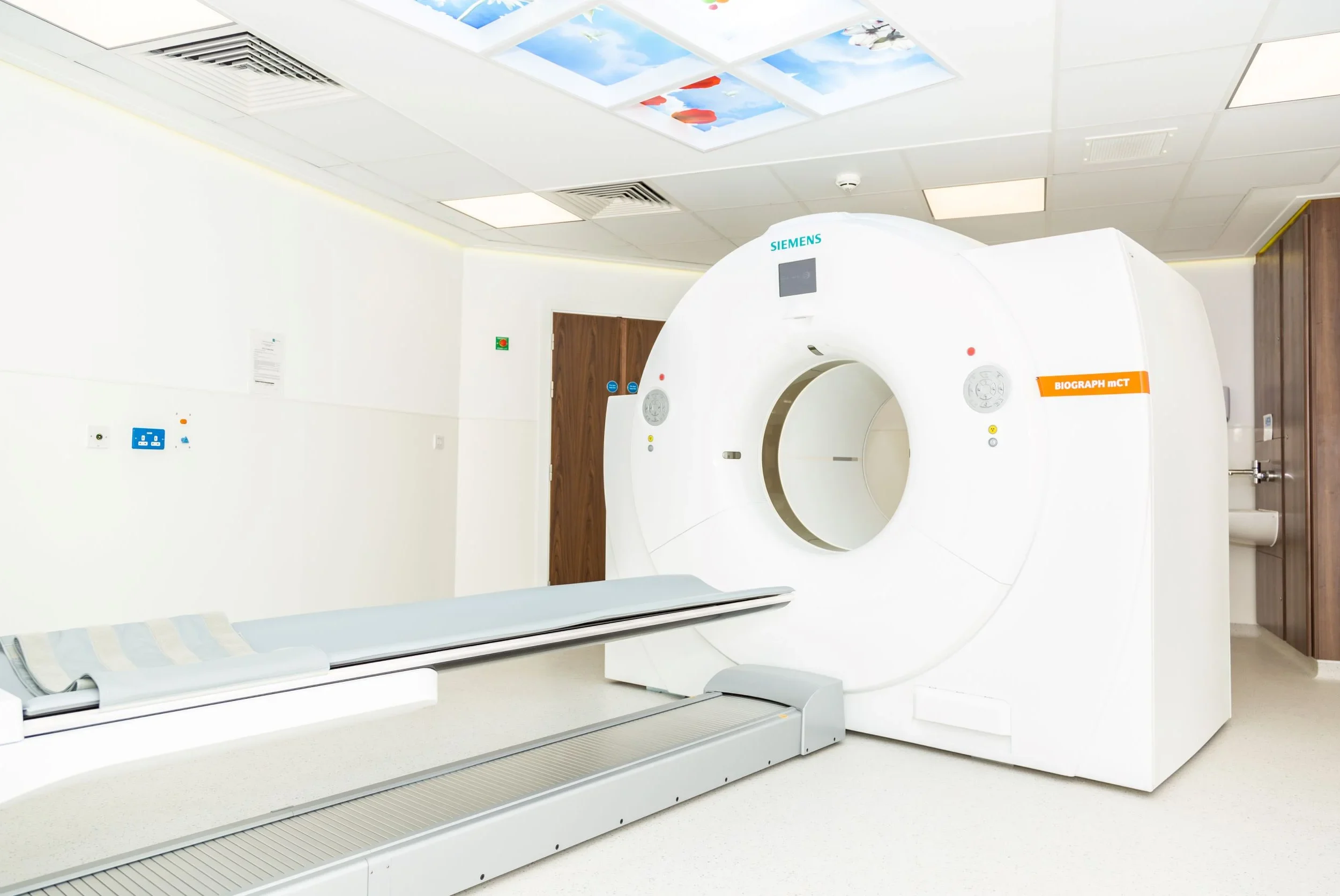
Our Services
All Your Diagnostic Needs in One Place
PET CT Scanning
Positron emission tomography (PET) is a molecular imaging technique providing functional information, that is often combined with structural computed tomography (CT) imaging as a co-registered image as a PET CT study.
It identifies metabolic activity by way of a nuclear medicine investigation within actively metabolising cells of tissues, and is most often used in the assessment of conditions involving the heart (eg coronary artery disease), brain (eg dementia) and malignancies as well as inflammatory conditions.
The injected radioactivity is a radionuclide or radiopharmaceutical, which is generated by a cyclotron. The commonest used agent is fluorine-18 (18F) labelled fluorodeoxyglucose (FDG) which simulates glucose in metabolic processes. However, is short-lived with a ‘half life’ of two hours and needs to be injected shortly after production.
It that emits positrons (anti-electrons), and when it collides with an electron after a short distance of ~1mm, produces annihilation radiation at a characteristic radiation energy of 511 KeV (rather than the gamma rays used in Nuclear Medicine studies). This produces two or more photons which travel in opposite directions 180o apart, and when detected by two of the detectors surrounding the patient (‘coincident event’), the electronics identify them as arising from the same ‘event’ with the data used to reconstruct tomographic images.
In contrast to conventional nuclear medicine studies where a gamma camera detects gamma rays (either as a flat ‘planar’ image or as a three-dimensional or Single Photon Emission Computed Tomography), as a quantum of radioactivity in body tissues, PET CT detects the degree of metabolic activity within tissues. It may identify disease activity before anatomical change.
Although fluorine within FDG is the commonest used radionuclide, other agents using gallium, nitrogen, carbon and oxygen are available detecting activity such as blood flow in a tissue of interest.
A radionuclide is first injected into a vein through an IV. Next, the PET scanner slowly navigates itself around the area of the body being checked. Positrons are then discharged by the radionuclide as it decays. Annihilation photons are formed due to positrons colliding with their electron counterparts. The PET Scanner identifies these photons when they reach the detectors in pairs separated by 180 degrees. The scanner’s computer analyses the gamma rays and uses the data to develop a mapped image of the area being examined. The brightness of the tissue or organ in the image will depend on it’s function as the radionuclide gathers there.
Doctor Testimonials
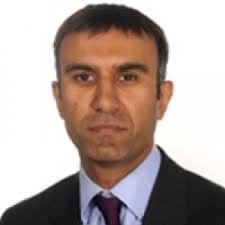
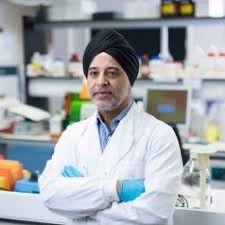
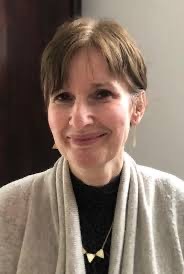
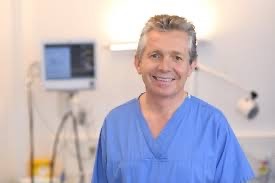

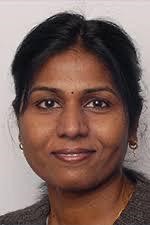
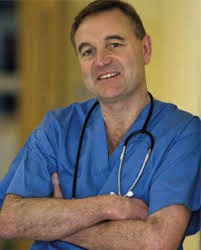
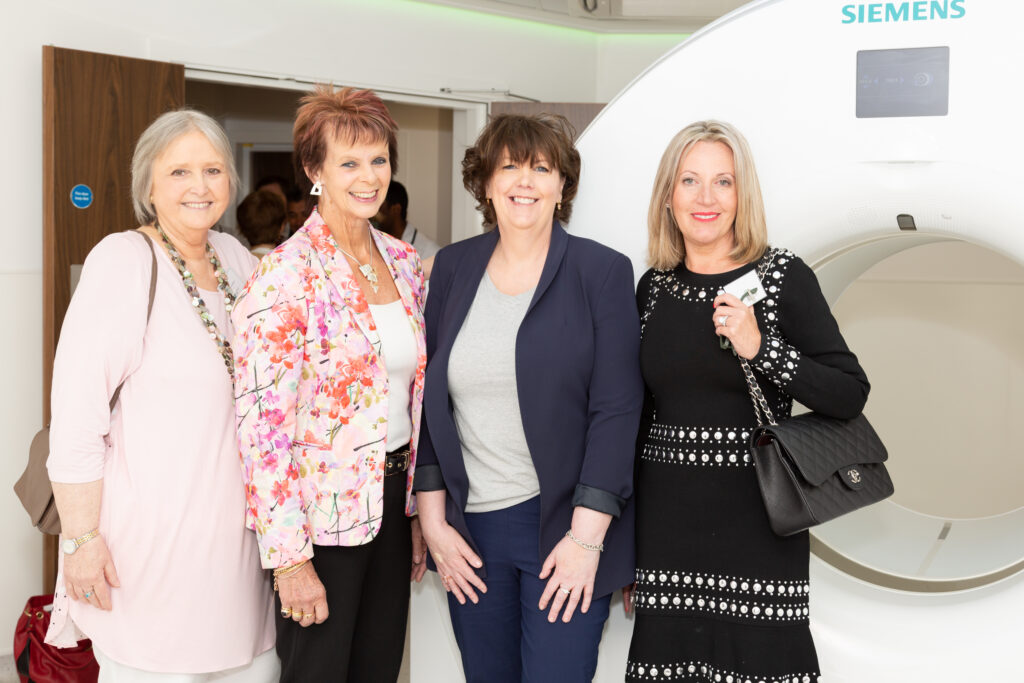
Patient Testimonial: I was the first patient to be scanned on the new comfortable fixed facility PET CT scanner at Mount Alvernia Hospital, and have been treated for a number of years in Guildford with several PET CT scans at the hospital. I was surprised and delighted to be invited to the opening of the scanner by Anne Milton MP and have always received expert imaging provided by the wonderful Molecular Imaging team running the scanner, with prompt comprehensive reports
Book an Appointment & avoid NHS wait times
Simply book an appointment, we have easily accessible parking at our facility. Arrive at the appointed time and get prioritized treatments at no extra cost.
Meet Our Team
Our Doctors are some of the nation's leading specialists, each with at least 15 years of clinical experience using the most innovative technology available.
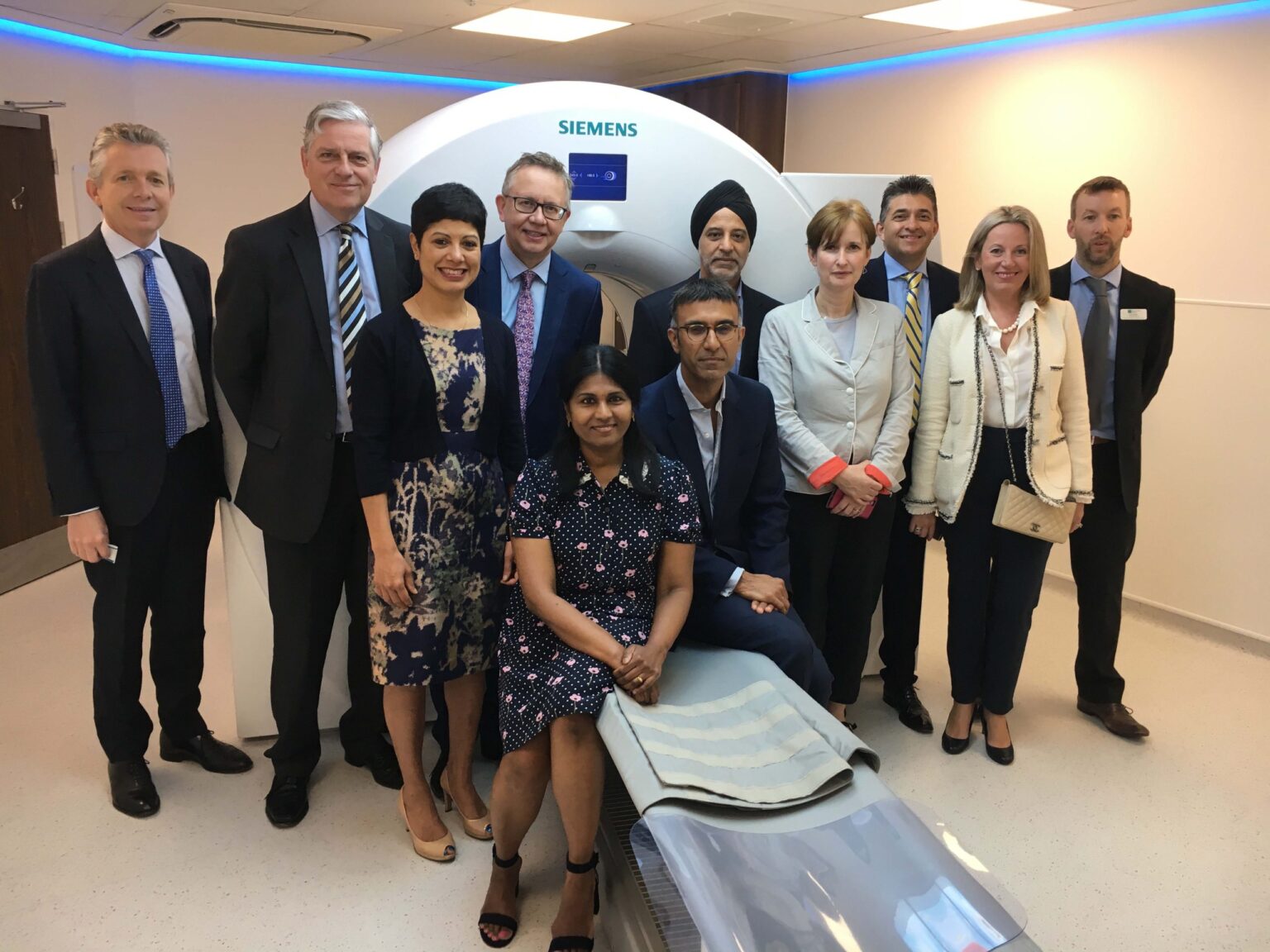
- All dual accredited superspecialist consultant radiologists in Molecular Imaging
- All fully trained by The Royal College of Radiologists & GMC-registered
- Excellent quality care & service
Our Team

Dr Nick Ashford
Consultant in Diagnostic & Interventional Musculoskeletal (MSK) Imaging
Dr Nick Ashford qualified from University College Hospital Medical School awarded MB BS in 1976, having achieved a First Class Honours BSc in Anatomy at University College London in 1973.
Following appointments in General Medicine at Oxford, and in Neurology at The National Hospital for Nervous Diseases (London), he specialised in Radiology & Nuclear Medicine at Addenbrooke’s and Papworth Hospitals in Cambridge.
Appointed as Consultant Radiologist to St. Richard’s Hospital Chichester, he has led the department as Clinical Director and is ARSAC Licence Holder in Nuclear Medicine. His Specialist areas are Oncology, Paediatrics, Musculoskeletal & Interventional Radiology.
Dr Ashford holds National positions as specialist advisor to NICE as well as being a member of Nuclear Medicine committee of the British Institute of Radiology. He is a National accreditor and departmental auditor in Radiology & Nuclear Medicine. He was formely a Faculty Board member at the Royal College of Radiologists and is currently Treasurer to the Royal College of Radiologists.
As a Nuclear Medicine specialist, he chaired the South Thames Nuclear Medicine Group whilst reporting PET CT Nationally. His PET CT training been undertaken both in London and also at the Memprial Sloan Kettering Cancer Centre in New York. He is co-author of “PET-CT in the UK” published by the Royal College of Radiologists. He is also the ARSAC licence holder for both Nuclear Medicine and PET CT at the developing Cancer centre of Excellence at BMI Mount ALvernia Hospital Guildford.

Professor Vineet Prakash
Consultant in Radiology and Nuclear Medicine Physician.
Professor Prakash is a dual accredited Nuclear Medicine Physician and Radionuclide Radiologist active on the GMC register.
His clinical expertise include PET-CT for Oncology, Dementia and Cardiology.
He has set up the PSMA diagnostic PET-CT service for detection of recurrence in biochemical recurrent prostate cancer at the Mount Alvernia Hospital.
He is Clinical Lead of Nuclear Medicine at Royal Surrey NHS FT Hospital and an honorary Professor at University of Surrey.
At a national level, he is co-chair of the Scientific and Education committee of the British Nuclear Medicine Society.
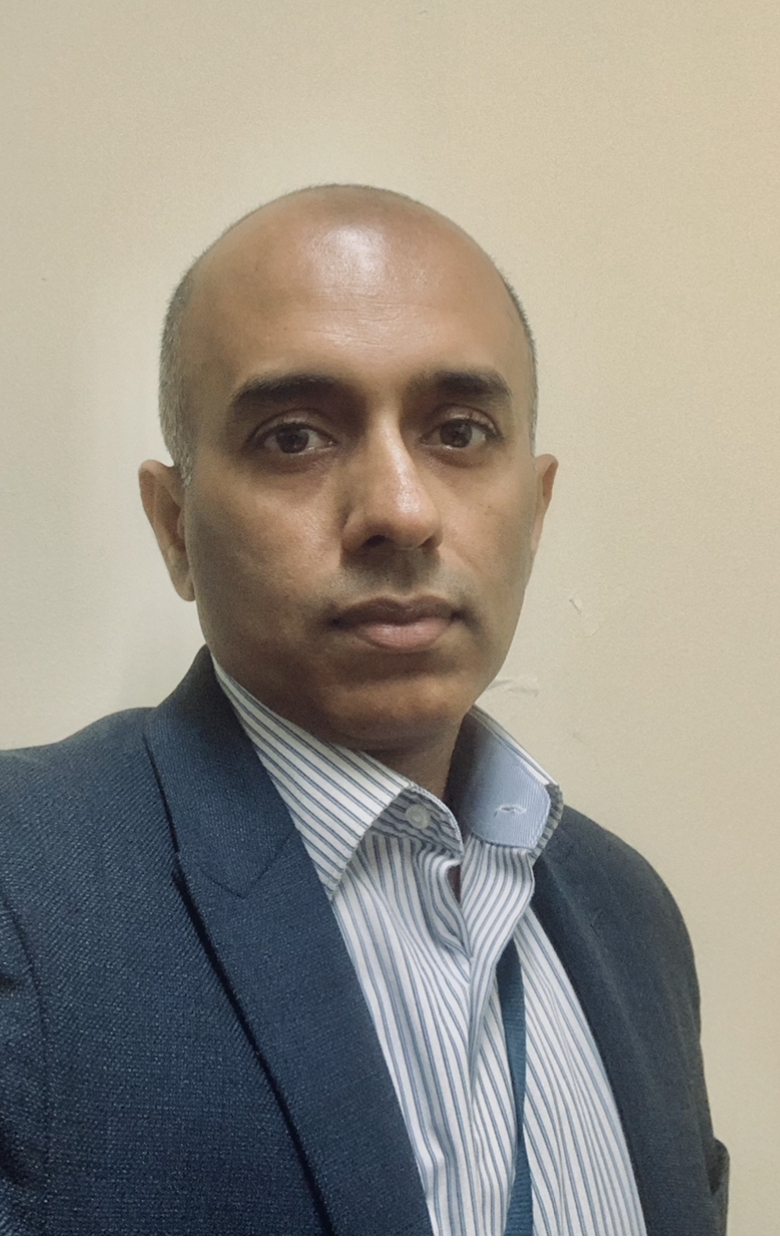
Dr Manu Shastry
Consultant Radiologist and Nuclear Medicine Physician Royal Surrey County Hospitals NHS Foundation Trust.
Dr Shastry is a dual accredited Consultant Nuclear Medicine Physician and Radionuclide Radiologist.
He has professional expertise in all aspects of PET CT and Nuclear Medicine practice.
He completed Higher Specialist Nuclear Medicine Training at University College Hospital London. He has a MSc degree in Nuclear Medicine from Kings College London.
He obtained further specialist training in General and Radionuclide Radiology from Sheffield Teaching Hospitals.
His interest includes Oncology PET CT, Dementia imaging and Hybrid Nuclear Medicine imaging.
His NHS practice is at Royal Surrey NHS FT hospital Nuclear Medicine department.
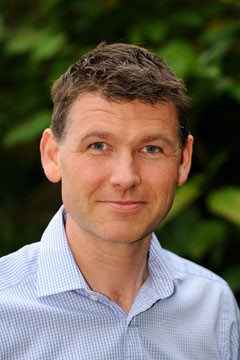
Dr James Crawshaw
Consultant Radiologist at The Royal Surrey County Hospital (RSCH)
I have been a Consultant Radiologist at The Royal Surrey Foundation Trust since 2007. After training at Imperial Medical School (92-97).
my initial experience was in Surgery obtaining Membership of the Royal College of Surgeons Edinburgh 2001. My Radiology training was in London together with an oncology imaging fellowship at The Royal Marsden Hospital (2001-2007).
I obtained a distinction in the Postgraduate College Certificate in Nuclear Medicine from King’s College, London 2007. I trained specifically in PET/CT, CT and MRI at The Royal Marsden and Royal Surrey County Hospitals. I am the lead local/regional radiologist for the melanoma, lymphoma, upper GI, GIST and CUP MDTs.
Prior hospital responsibilities include Radiology Clinical Director (8 years) and Clinical tutor for local trainees (2 years). I have taught and presented at national radiology and nuclear medicine conferences, together with journal publications and a book chapter. My special interests include oncology and Gastrointestinal imaging. I report PET/CT, CT and MRI studies at The Mount Alvernia.
Call Today
01483 442777
Location
46 Harvey Rd, Guildford, GU1 3LX, Surrey, UK
